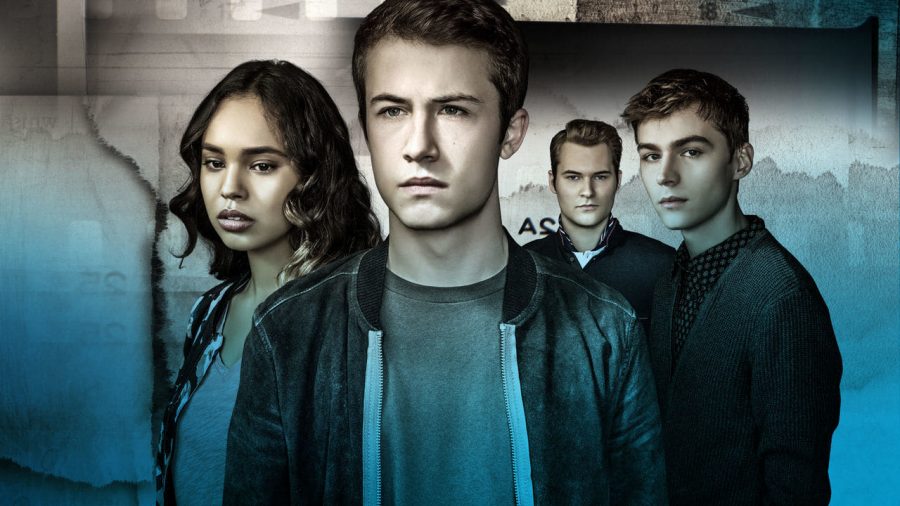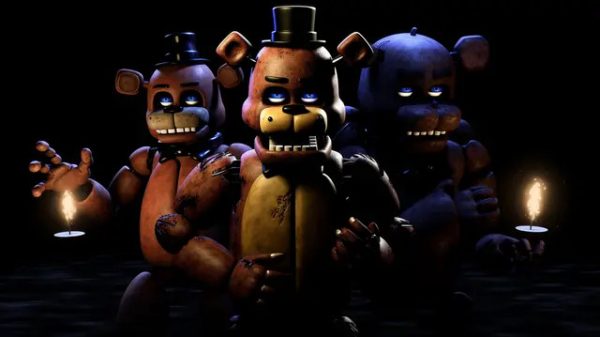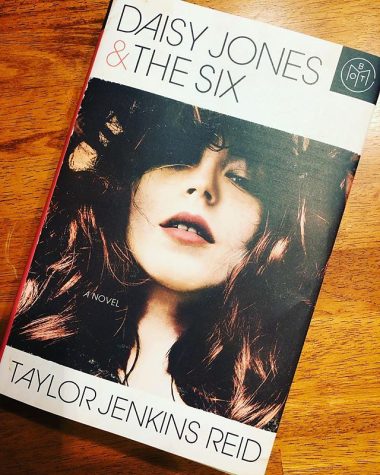13 Reasons Why
Ever since its release in 2017, Netflix’s hit drama 13 Reasons Why has been a center for criticism and controversy. The show, based off Jay Asher’s novel of the same name, became a binge-worthy favorite of teenagers across America for its devotion of tackling taboo topics like suicide, sexual assault, and drug abuse. In its first season, 13 Reasons Why tells the story of Hannah Baker, a teenager who commits suicide and leaves behind a series of tapes detailing why she ended her life. These tapes are passed between Hannah’s bullies and all those who mistreated or belittled her in any way. The show flashes between past and present, with Hannah narrating the tragic events in her life that led to her heartbreaking decision. While the premise struck a chord with teenagers and young adults, mental health experts immediately criticized the show for its depiction of suicide as a form of revenge. 13 Reasons Why has an unfortunate habit of making Hannah have control over the events of the world after her death, as if the tapes she left behind give her some other-worldly power to take revenge on those who wronged her. The show also caught fire for its physical portrayal of suicide, as Hannah was showed killing herself in clear, but disgustingly brutal, fashion. The scene has since been removed after repeated accusations that the scene was showing impressionable viewers a method of committing suicide and may have a correlation with the recent rise of teen suicides.
Despite being the internet’s poster child for the romanticizing of suicide, 13 Reasons Why was popular enough to warrant a second season. The second season focuses on a trial against Hannah’s school and how they neglected to recognize her suffering, as well as the trial of Hannah’s rapist, a rich teenager named Bryce Walker. The controversy only grew with the sequel season, as Hannah’s continued presence, now in the form of a hallucination, allowed her to continue to influence events. However, the theme of recovery and healing following sexual assault became a major, positive driving force within the show. While many argue that it dropped the ball in discussing suicide, 13 Reason’s Why’s raw portrayal of the shame, disgust, and confusion that comes with the atrocity of sexual assault has been primarily well received. However, the show still managed to take one step forward and two steps back with its questionable depiction of a potential school shooting plot. The season ends with a potential school shooter being talked down by a classmate, with the kids neglecting to call the police and instead indulging in a cover-up. This ending has been criticized for sending a harmful message to kids, but the blatant, and often cheap, shock value of the show kept it relevant across the internet, even if it was for all the wrong reasons.
Last week, the third and penultimate season of 13 Reasons Why dropped on Netflix. After two seasons that dealt with the tragedy of suicide, the horrors of rape culture, and the crippling bullying within high schools, the logical next step for the show was clearly to create a whodunit murder mystery with the sickening rapist, Bryce, at its center. The bizarre pivot from the original concept of the show most likely derived from the show’s desire to separate itself from the controversy that has defined it. Hannah’s suicide, which was the undisputed focus of the first two seasons, barely gets a mention in the ugly duckling of the three seasons. Instead, the focus shifts to by far the most unlikable character in the series, Bryce. Putting aside the half-baked murder mystery, the season falls into the same rut of controversy as its predecessors. The decision to focus on Bryce, a character who for 26 episodes has been portrayed as a remorseless, serial rapist with no regard for all the people he hurt, was an odd decision with a high potential for chaos. However, the nail in the coffin came with the troubling choice to attempt to redeem Bryce. The show’s third season preaches the message that everyone is human and deserves a shot of redemption, a fair and popular theme in entertainment. However, pushing this theme through Bryce, the mustache twirling antagonist from the prior seasons, was a problematic choice. The show tries to push Bryce as a misunderstood guy, with horrendous actions stemming from his own personal issues. There is nothing wrong with showing the human side of someone who the audience perceives to be a monster, but 13 Reasons Why goes out of its way to make Bryce not only sympathetic, but as likable and pleasant as possible. The show has been so passionate about the harms of sexual assault, and there are certainly glistening remnants of that in other characters’ arcs. However, in making the rapist, who wrecked so many of the characters’ lives, a hero of the show, it weakens the only strength 13 Reasons Why has in its arsenal. In many ways, the show favors Bryce as a protagonist, as he has a series of obstacles he must overcome, and the other characters’ disdain of him is portrayed as one of those obstacles, rather than an understandable reaction. Their message is further weakened by the female lead and narrator, Ani, regularly complimenting and justifying the actions of Bryce. The whole concept is not a flattering color for the show, and Bryce’s transformation into a tragic hero was a difficult pill to swallow in a show that claims to be about the recovery following sexual assault.
13 Reasons Why specializes in sending questionable messages to its audience, so it is hardly a surprise that its rapist redemption plot line was not the end of the show’s problems this season. A disturbing nonchalance concerning the subject of murder infests the show, and the “protagonists” willingly proceed in a murder cover-up. The third season’s illogical idea to transform the show into a murder mystery was never going to win any Emmy’s, but it could have been marginally saved by not glorifying a murder cover-up. All of the main characters engage in pinning the murder of Bryce on an enemy of theirs, in order to spare one of their friends from the murder charges. The season ends on an absurdly happy note, with all of the protagonists laughing and cheering with one another, despite just hours earlier having blamed their classmate’s murder on someone else. The whole season twists the idea of justice beyond visibility, and the “how to get away with murder” plot-line adds insult to injury in a season overflowing with problematic themes. For a show attempting to sidle away from controversy, 13 Reasons Why sure jumps headfirst into the flames, desperate to stir enough drama to keep it relevant.
13 Reasons Why has been a problematic show since its release, and it has failed for a third consecutive season to impress mental health experts. It does beg the question why this teen drama in particular is held to such high standards in regards to sending a positive message to its impressionable viewers, as dozens of shows glorify murder, torture, and war. However, 13 Reasons Why has put itself on a pedestal as a conversation starter about mental health. It is one of the few shows that regularly compares itself to real life and has defended its controversial choices in various interviews and talk shows. 13 Reasons Why rose to fame because of its bravery to tackle taboo topics, but it’s repeated harmful messages have tarnished its courage in all three seasons. 13 Reasons Why has already been renewed for its fourth and reportedly final season, and with the glorification of suicide and murder and the redemption of rapists under its belt, it is impossible to guess which topics 13 Reasons Why will butcher next.






